
Why Corn Surprises
Ever find yourself at a summer cookout, sizing up the buffet, thinking, “Sure, corn on the cob looks fun, but is it even good for me?” I’ve done it. I admit it—scooped the potato salad with a guilty face, then grabbed an ear of corn almost as an afterthought. But here’s the plot twist: all that buttery, crunchy goodness is sneaking a load of nutrition onto your plate, whether you realize it or not.
I know, corn gets a bad rep sometimes—mostly “just carbs,” “not worth the calories,” “spikes your sugar!” But honestly, that’s only half the story. There’s a reason so many cultures around the world love and rely on corn. And yeah, I used to think it was empty, too… until I learned otherwise and fell in love with those little yellow bursts of sunshine.
Counting Corn’s Goodness
Calories, Carbs, and the Sweet Truth
Let’s get practical: what’s actually inside that golden cob? One medium ear, the kind you hold in both hands, clocks in at around 80 to 100 calories—depending on the variety and size (WebMD: Corn Nutrition). Most of those calories come from carbohydrates, but before you side-eye them, remember: these are complex carbs, the sort your body loves for a slow release of steady energy (Healthline: Is Corn Good for You?).
Curious about the details? On average, you get:
- Carbs: 17–22 grams (think fuel, not just filler!)
- Fiber: 2–3 grams, which is honestly a hero for your digestion
- Protein: 3 grams—a bit more than you’d guess from a veggie
- Fat: Barely 1 gram (you’ll get more from the butter, promise)
I can’t be the only one who’s tried swapping out fries for an extra ear of corn. Hint: you feel satisfied… but not stuffed or sluggish after. Try it and let me know if you notice the difference!
Quick Table: How Corn Stacks Up
| Food Item | Calories per Serving | Nutrient Highlights |
|---|---|---|
| Corn on the Cob (1 ear) | 88 | 3g protein, 2g fiber, potassium |
| Potato (baked, small) | 130 | 2g protein, 3g fiber, potassium |
| Rice (1/2 cup, cooked) | 100 | 2g protein, 0.6g fiber |
What’s Under the Surface?
More than Meets the Eye
Here’s where it gets kind of fun. You’re not just biting into a starchy veggie—you’re getting a lineup of vitamins and minerals that quietly support your body all day long. Corn is rich in thiamin (vitamin B1) for turning food into energy. There’s also magnesium, to help with muscle recovery (hello, post-workout snack), plus a smidge of vitamin C—great for your skin and immune system (Health Benefits of Corn by GYMGUYZ).
Get this: corn is naturally gluten-free, so if you have friends or family avoiding gluten, it’s an effortless, allergy-friendly side. (And—confession time—I once brought grilled corn to a “potluck panic” because I knew nobody would freak out about allergens. It was the first thing gone!)
Here’s another little nutritional snapshot for the curious: if you’re wondering how a 100g serving compares, grab the full breakdown right here—Corn Nutritional Value per 100g—it gets into the nitty-gritty of vitamins, minerals, and more.
Not Just Fiber—It’s Prebiotic, Too
Time for the less-glamorous, but oh-so-important topic: gut health. Corn gives you insoluble fiber. That’s the kind that keeps your plumbing humming along. But the kicker? It also acts as a prebiotic. So it quietly feeds those friendly bacteria in your gut, which can boost mood, immunity, and even your energy levels (Corn Nutrition Facts and More). Ever had one of those sluggish days where your stomach just feels “off”? Try adding corn to your plate for a week. See if you notice more regularity. (Not glamorous, but hey—it matters.)
Let’s Bust the Corn Myths
Is It Really “Just Sugar”?
Short answer: not even close. Corn’s got a touch of natural sweetness, especially in the summer when it’s fresh off the cob, but it’s not “just sugar.” In fact, the natural sugars in corn are bundled with fiber, so your body absorbs them slowly. That means fewer spikes and crashes—the sort of energy steady enough to get you through a sleepy afternoon meeting or a late pick-up from soccer practice.
People sometimes worry about the glycemic index (how quickly a food spikes your blood sugar). Turns out, corn has a moderate glycemic index, but because it’s so high-fiber—especially when paired with healthy protein or a little fat—it’s not the enemy of balanced nutrition. For real: my friend with prediabetes swaps white rice for a side of corn on the cob and swears her afternoon “crash” is basically gone.
Will It “Ruin” My Diet?
…This one’s been floating around the gym locker room for ages. Here’s the truth: corn is naturally low in fat, fairly low in calories, and ranks way higher for fullness than empty snacks like chips or snack bars. Plus, the fiber keeps you feeling satisfied longer—which is a mild superpower if, like me, you get the nightly urge to graze through the pantry.
If you’ve ever wondered whether you can eat corn and still reach your fitness or weight goals, I found this resource super helpful: Is corn good for weight loss. Spoiler: it’s probably not the corn holding you back. It’s the butter… but that’s another story.
What About Eye Health and Immunity?
Here’s my favorite random fact: those bright yellow kernels aren’t just pretty—they pack lutein and zeaxanthin. Sounds fancy, but all you need to know is these antioxidants help protect your vision (especially against all those screens we stare at). Plus, corn offers a little vitamin C, acting as a shield for your cells. Not bad for something that’s usually served with a side of salt and a bunch of napkins, right?
Ways to Make Corn Work for You
Everyday Swaps and Simple Wins
The awesome thing about corn is just how versatile it is. My “reach-in-a-pinch” habit? Wrap an ear in foil, toss it on the grill, and have a sweet, smoky energy boost in minutes.
If you normally reach for rice, why not add a half-cup of corn instead? You’ll get more fiber and a different range of vitamins—with a totally new flavor. Or stir some kernels into a salad or soup for texture (trust me, it’s a game changer).
- Classic summer BBQ? Corn instead of fries or garlic bread. (Your gut will thank you!)
- Mornings on-the-go? Corn pancakes. Sounds weird. Tastes amazing.
- Salad bar blues? Sprinkle grilled corn on top—suddenly it’s restaurant-worthy.
Ever had a moment where your meal just needed… more? A little color? A little crunch? Corn fixes that, every time. If you’re curious about optimizing portions, especially for macros (protein, carbs, fat), check out Corn Nutritional Value per 100g for easy stats you can memorize. (I do!)
Meal Prep Hack: Corn Steps Up
Some Sunday nights, I get ambitious and prep sides for the week. Corn on the cob is easier than all that slicing and dicing—boil it, grill it, even microwave it in a pinch (seriously, wrap in a damp towel and zap it for three minutes). Suddenly, you have healthy sides for salads, tacos, or snacking all week—without making your kitchen a disaster zone.
Day-to-Day Benefits: Gut, Heart, Mind
Digestion and Fullness
If you’re tired of feeling sluggish or bloated—join the club—I’ve found that a serving of corn can genuinely help. The fiber keeps everything chugging (in a friendly way). Corn’s blend of both soluble fiber (that manages cholesterol) and insoluble fiber (the type that helps you go… you know) is pretty rare in a single food. So next time your “gut” is out of whack, swap your usual side for corn and see what happens (Mayo Clinic: Corn Nutrition).
Heart, Mood, and Beyond
Corn brings potassium and magnesium to the table—minerals most of us don’t get enough of. These both help your heart’s rhythm and even play a role in muscle recovery (which makes that post-gym meal so much smarter).
And show of hands: Who gets cranky when their digestion is out of sorts? (Me, for sure.) The prebiotic fiber in corn can boost your gut bacteria, support immunity, and even—maybe, just maybe—help even out those grumpy spells.
Oh! And if you, like me, worry about losing “enjoyment” when eating healthy… Don’t. Corn is straight-up fun to eat. There’s something about biting into a fresh cob, rolling up your sleeves, and making a sweet little mess. You get the flavor, the nutrition, and the experience.
Wrapping Up—Get Corny!
So… what did we learn? That the nutritional value of corn on the cob is way more impressive than people give it credit for. We’re talking about fibers that keep things moving, vitamins that help you power through the day, and antioxidants that look after your eyes while you scroll through reels and memes. Corn is low in calories, high in goodness, and honestly, just plain satisfying.
The next time you’re building your plate, don’t sleep on corn. Whether you’re going for more veggies, aiming for weight loss (psst… check out Is corn good for weight loss if you want real talk about macros and fat loss), or just want a gut-friendly treat, corn’s a tasty way to hit your goals.
If you want more nerdy details, maybe because you love a good food fact or because a relative wants “proof,” send them this link—Corn Nutritional Value per 100g—and arm yourself with stats.
So, next BBQ, office lunch, or hurried Tuesday dinner… grab that corn. Try it with chili lime, a dusting of cheese, or “straight-up naked”—it’ll fit your plans and make your taste buds happy. What ways do you love corn? Tell me in the comments or save me a cob at your next cookout. Here’s to real food, less guilt, and more flavor—on, and off, the cob.

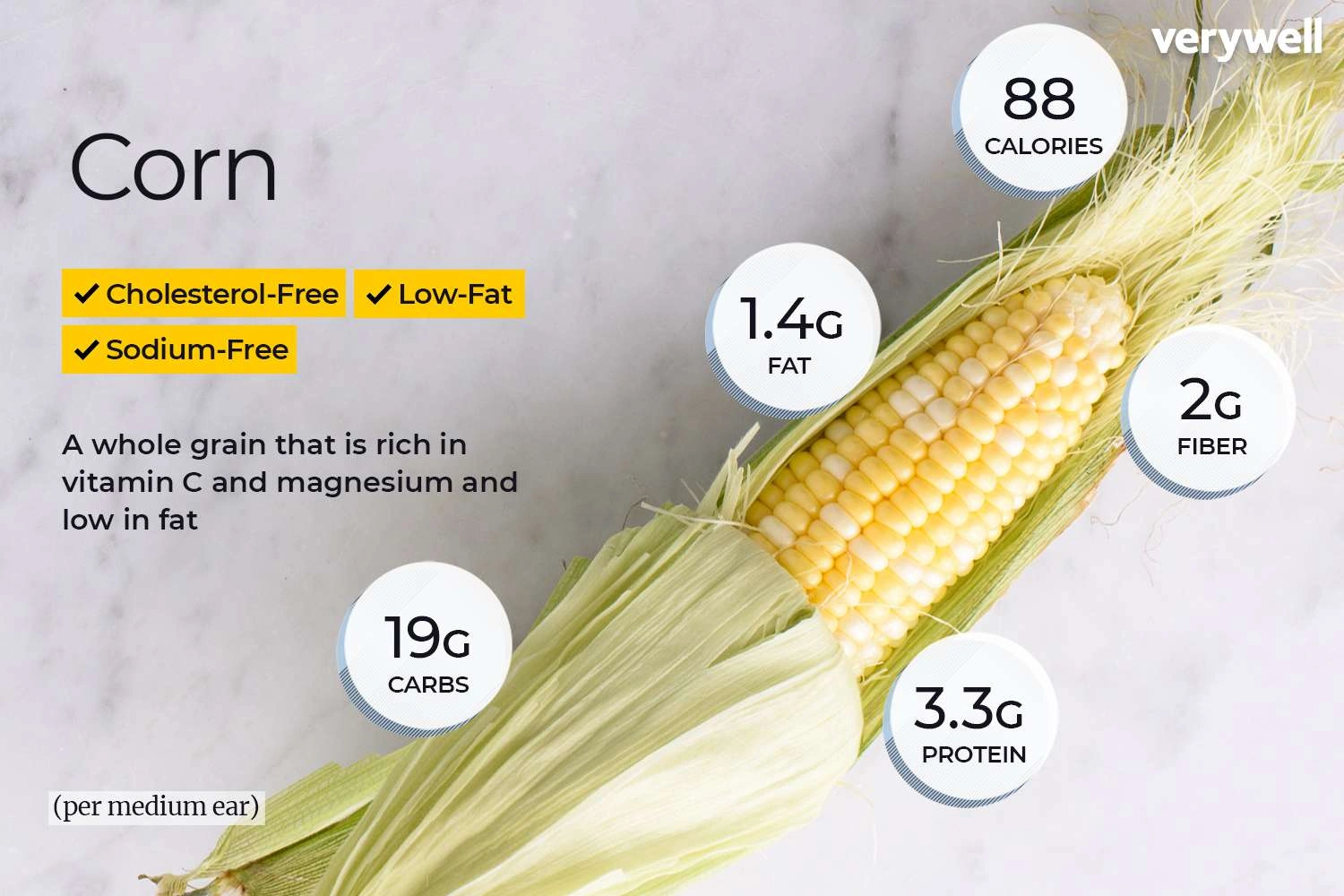
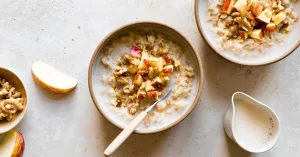

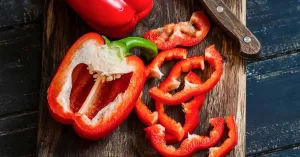
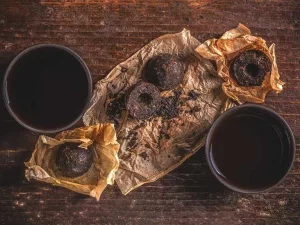
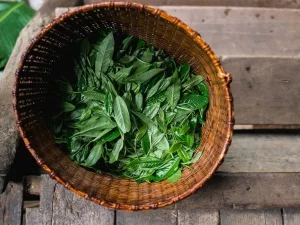
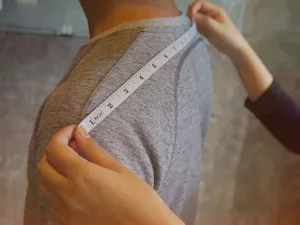
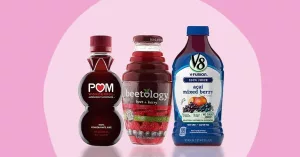


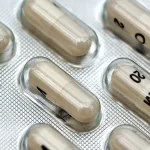





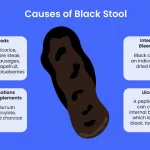

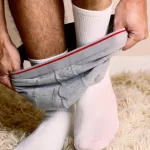

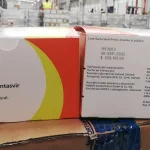

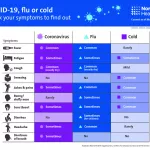

Leave a Reply
You must be logged in to post a comment.